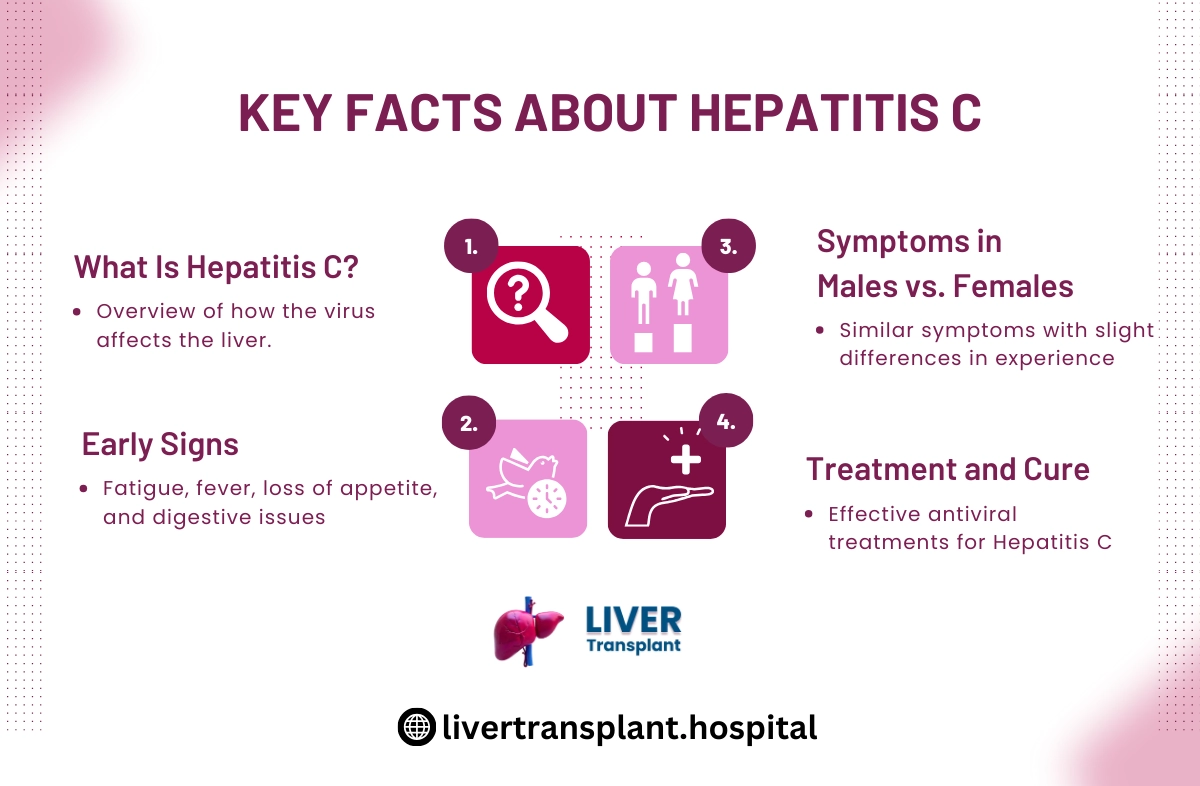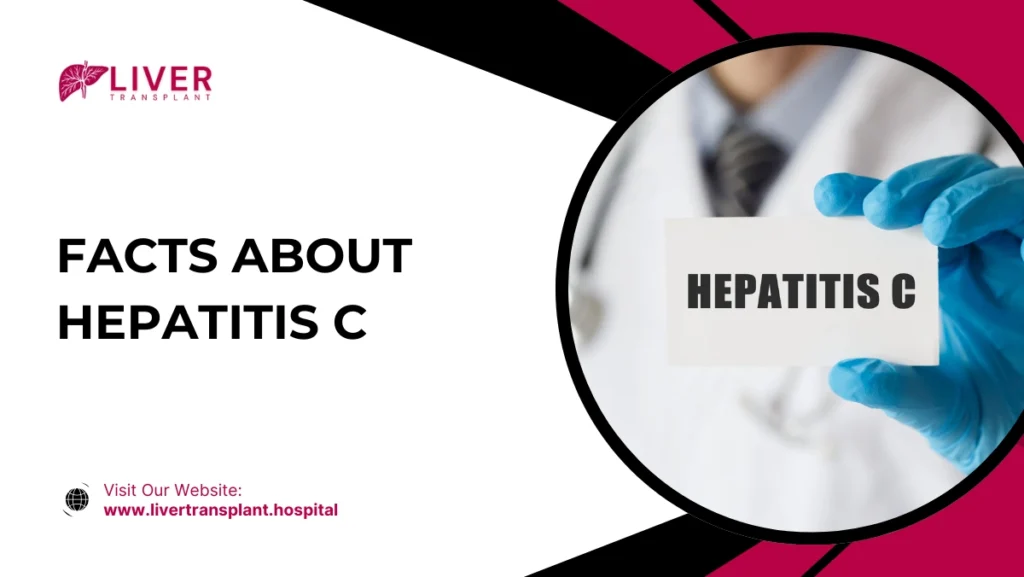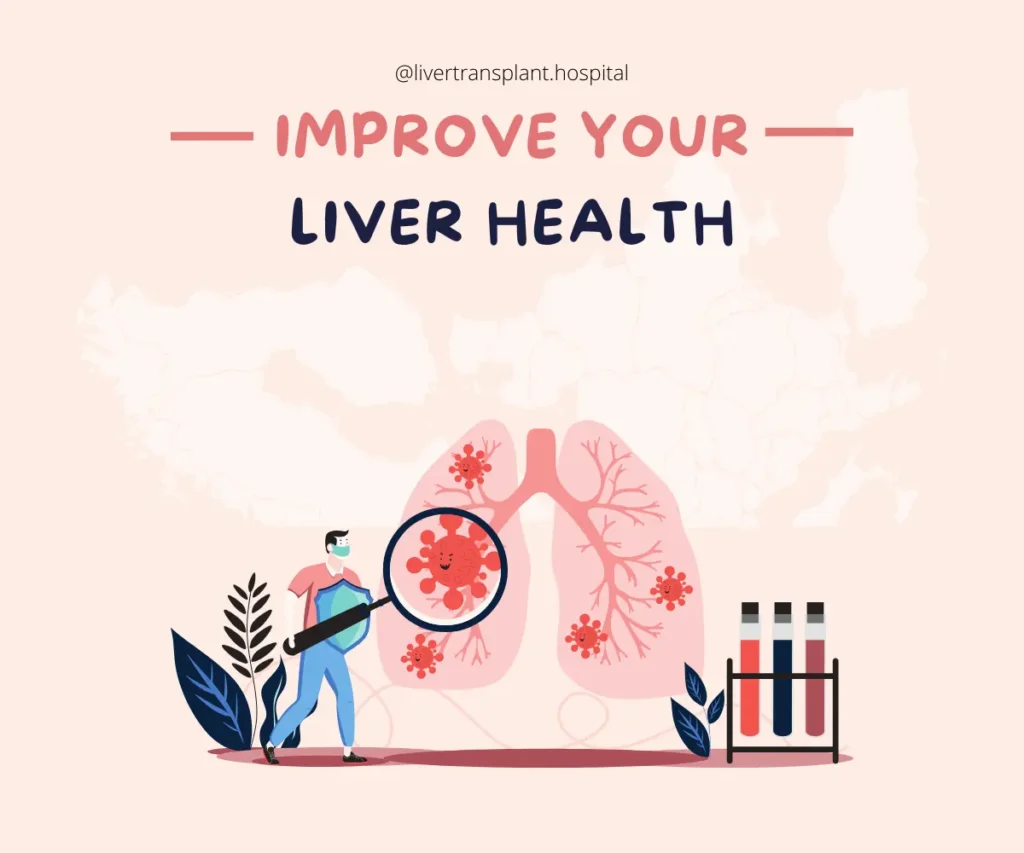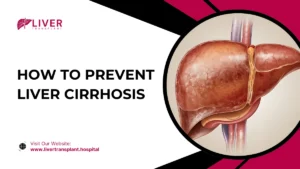Hepatitis C is a viral infection that affects the liver, potentially leading to chronic liver disease, cirrhosis, or liver cancer. It spreads through contaminated blood and often remains undetected due to mild or no symptoms. Early diagnosis and timely treatment can help manage the condition and prevent severe complications.
Facts About Hepatitis C: Understanding the Basics
Facts about Hepatitis C are essential for understanding this virus and its impact on health. Hepatitis C is a viral infection that mainly affects the liver, causing inflammation and potentially leading to long-term liver damage. While some people with Hepatitis C may not show symptoms at first, others experience various signs that make early diagnosis and treatment crucial.
This blog will dive into the essential facts about Hepatitis C, including early signs, symptoms specific to males and females, and the long-term effects of chronic infection. If you’ve wondered, “What are the early signs of Hepatitis C” or want to learn about chronic Hep C symptoms in females, read on for more insight.
What Is Hepatitis C and How Does It Affect the Body?
Understanding the Hepatitis C Virus
Hepatitis C is caused by a virus that spreads primarily through contact with infected blood. The virus affects the liver and can lead to both short-term (acute) and long-term (chronic) infections. Chronic Hepatitis C can eventually cause serious liver issues like cirrhosis or liver cancer if not treated.
One of the key facts about Hepatitis C is that it doesn’t always cause symptoms right away. Many people may not even know they have the virus until it’s already causing liver damage. This makes awareness of early signs important for everyone, especially for those at higher risk.
What Are the Early Signs of Hepatitis C?
Early Symptoms to Watch For
The early signs of Hepatitis C can be subtle, and not everyone will experience them. In the early stages, people may notice mild fatigue, fever, loss of appetite, or stomach discomfort. These symptoms can feel like the flu, making it easy to overlook the possibility of Hepatitis C.
Understanding what are the early signs of Hepatitis C can help people catch the infection early. If you or someone you know is experiencing unexplained fatigue or digestive issues, it’s worth talking to a doctor about the possibility of Hepatitis C, especially if there’s a history of exposure to infected blood.
Early Signs of Hepatitis C in Males and Females
Interestingly, the early signs of Hep C in males and early signs of Hep C in females can be similar but may show slight differences. Both men and women can experience fatigue, nausea, and joint pain. However, women might be more likely to experience abdominal pain, while men might experience muscle aches more frequently.
For women, chronic Hep C can sometimes lead to hormonal changes, affecting menstrual cycles or causing mood swings. Recognizing these differences is helpful in understanding how Hepatitis C can affect people differently based on gender, even in the early stages.
Chronic Hepatitis C Symptoms in Females
Long-Term Effects in Women
One of the important facts about Hepatitis C is that chronic infection can affect people differently over time. Chronic Hep C symptoms in females can include ongoing fatigue, joint pain, and digestive issues. In some cases, women may experience changes in hormone levels that can impact menstrual cycles or lead to mood changes.
Women with chronic Hep C should monitor their health closely, as long-term infection can increase the risk of liver damage. By being aware of these chronic symptoms, women can take steps to manage their health and seek regular check-ups with a healthcare provider.

Can Hepatitis C Be Cured?
Effective Treatments and Cure Options
Fortunately, Hepatitis C can often be cured with the right treatment. Today, antiviral medications are highly effective in clearing the virus from the body. For many people, a course of treatment lasting a few weeks can eliminate the virus entirely, offering a complete cure.
One of the positive facts about Hepatitis C is that with early diagnosis and treatment, most people can avoid long-term liver damage. Talking to a healthcare provider about testing and treatment options can help people take control of their health and achieve a full recovery.
Conclusion
Facts about Hepatitis C remind us of the importance of early detection and treatment. By recognizing symptoms, understanding gender-specific signs, and knowing the options for a cure, people can take steps to protect their liver health and overall well-being.
If you or a loved one suspects Hepatitis C or has been exposed to the virus, reach out to a healthcare provider for testing and advice. With proper care and treatment, managing and curing Hepatitis C is possible, leading to a healthier future.






